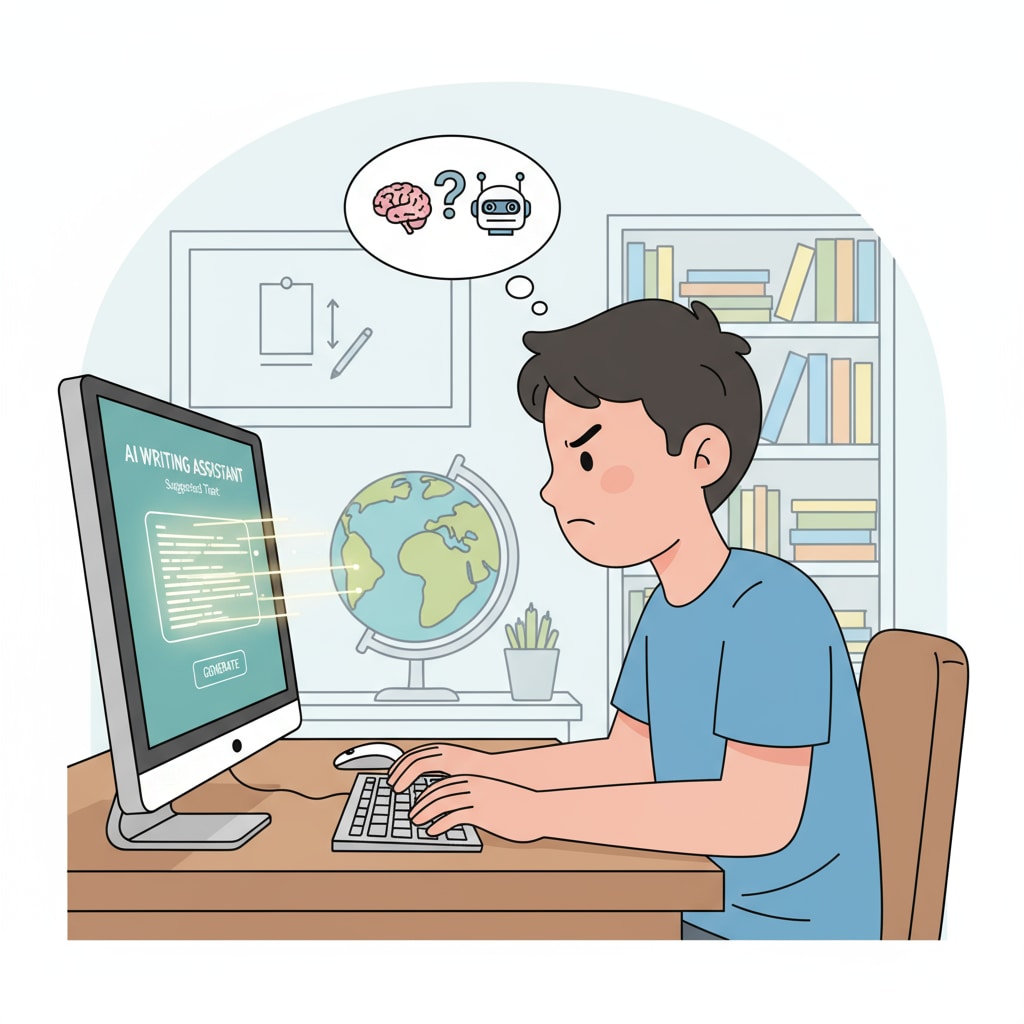In the era of rapid technological advancement, the concepts of AI policies, academic integrity, and skills value are at the heart of discussions in academic environments. The integration of artificial intelligence (AI) into education, especially in K12 settings, brings both unprecedented opportunities and challenges.

The Rise of AI in Education
AI has made significant inroads into the educational sphere. From intelligent tutoring systems that adapt to individual student needs to tools that assist in grading and feedback, the applications are diverse. For example, some AI-powered platforms can analyze a student’s learning patterns and provide customized study plans. This personalized approach has the potential to enhance learning outcomes. However, it also raises questions about the role of educators and the traditional teaching model. As per Wikipedia’s entry on AI in education, the increasing use of AI requires a reevaluation of educational strategies.
AI and Academic Integrity Concerns
One of the most pressing issues is the threat to academic integrity. With the availability of AI writing tools, students may be tempted to use them to complete assignments, essays, or research papers. This form of cheating undermines the principles of fairness and the value of earned qualifications. Institutions are grappling with developing effective AI policies to detect and prevent such misuse. For instance, some are using plagiarism detection software that can identify AI-generated text. According to Britannica’s definition of academic integrity, maintaining honesty and ethical behavior in academic work is crucial, and AI is testing these boundaries.

The Impact on Skills Value
The presence of AI also forces us to reevaluate the value of skills. In the past, certain skills like writing, research, and problem-solving were highly prized. Now, with AI capable of performing some of these tasks, educators and parents need to consider which skills are truly essential for students’ future success. Skills such as critical thinking, creativity, and emotional intelligence are becoming even more important as they are less likely to be replicated by AI. Therefore, while AI can be a useful tool, it should not replace the development of these fundamental human skills.
In conclusion, the use of AI in academic environments presents a complex web of issues related to AI policies, academic integrity, and skills value. It is essential for educators, parents, and institutions to work together to navigate this new landscape. By implementing appropriate policies, promoting ethical use of technology, and focusing on the development of core skills, we can ensure that education remains fair, meaningful, and prepares students for the challenges of the future.
Readability guidance: The article uses short paragraphs and lists to summarize key points. Each H2 section provides relevant information. Passive voice and long sentences are kept to a minimum, and transition words are used throughout for better flow.


